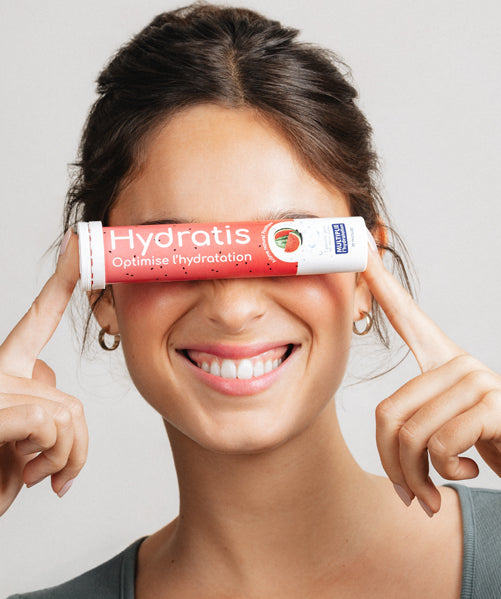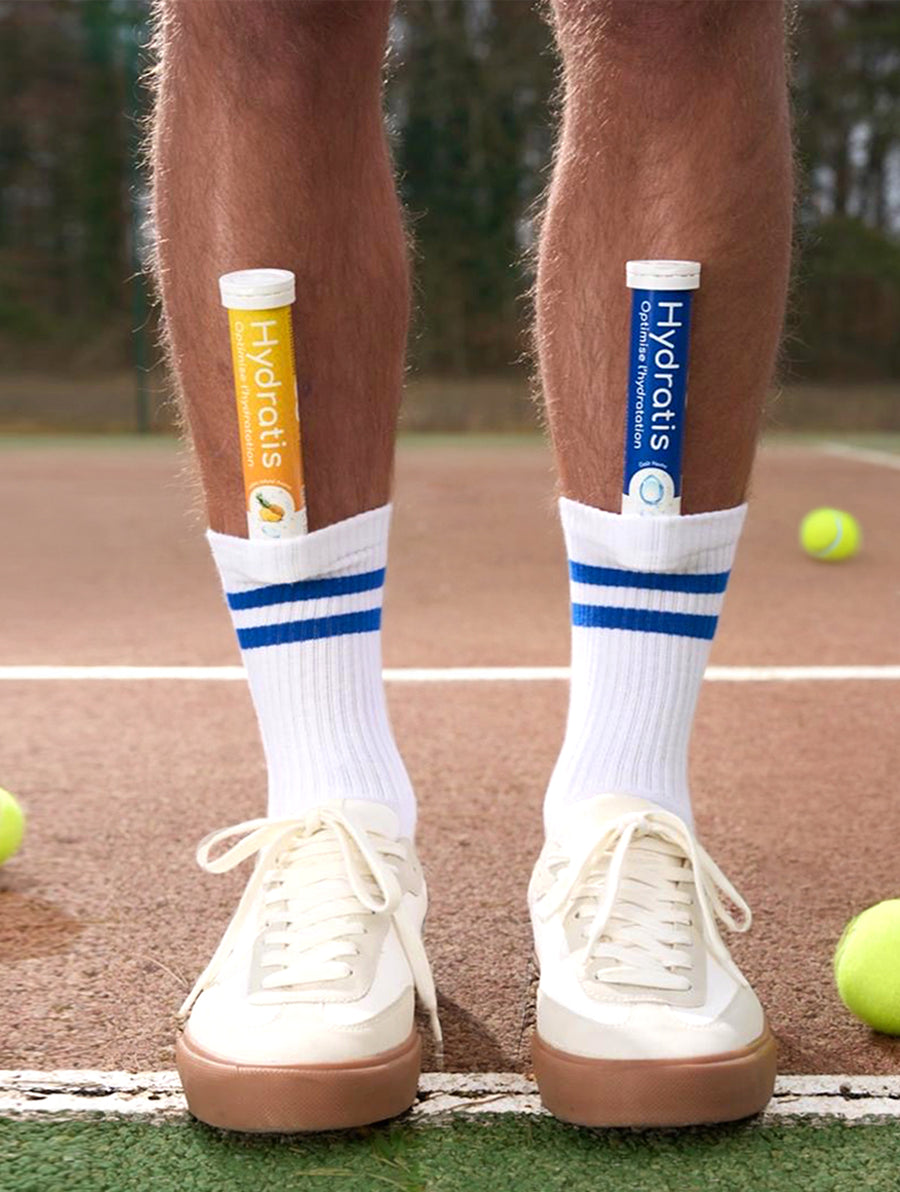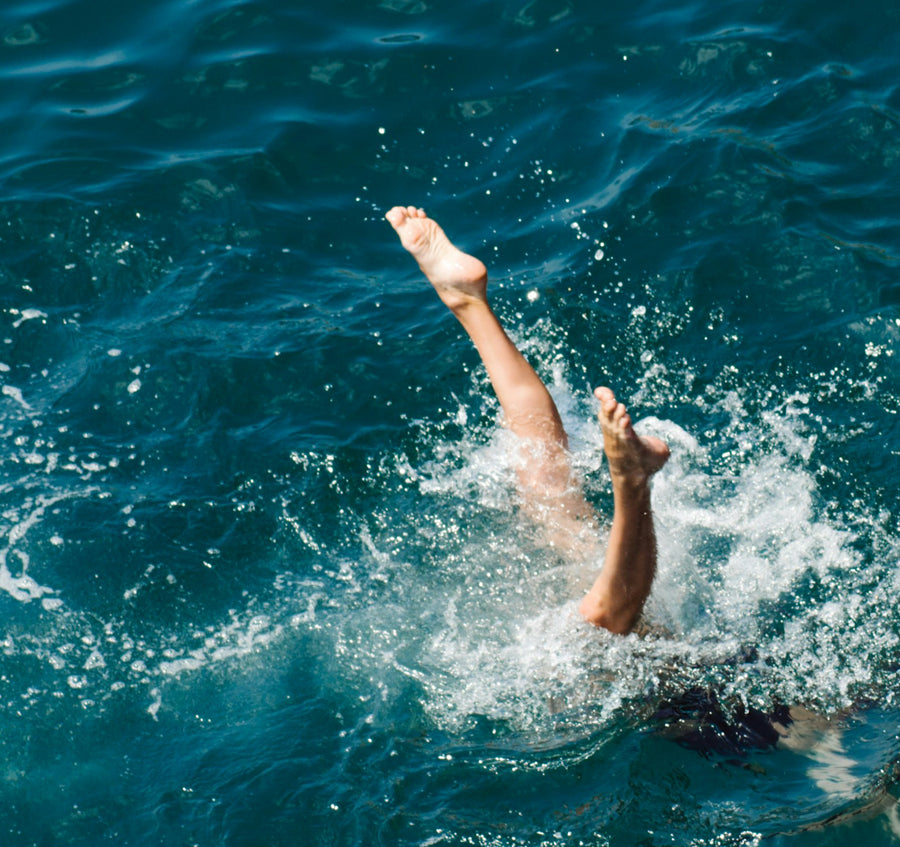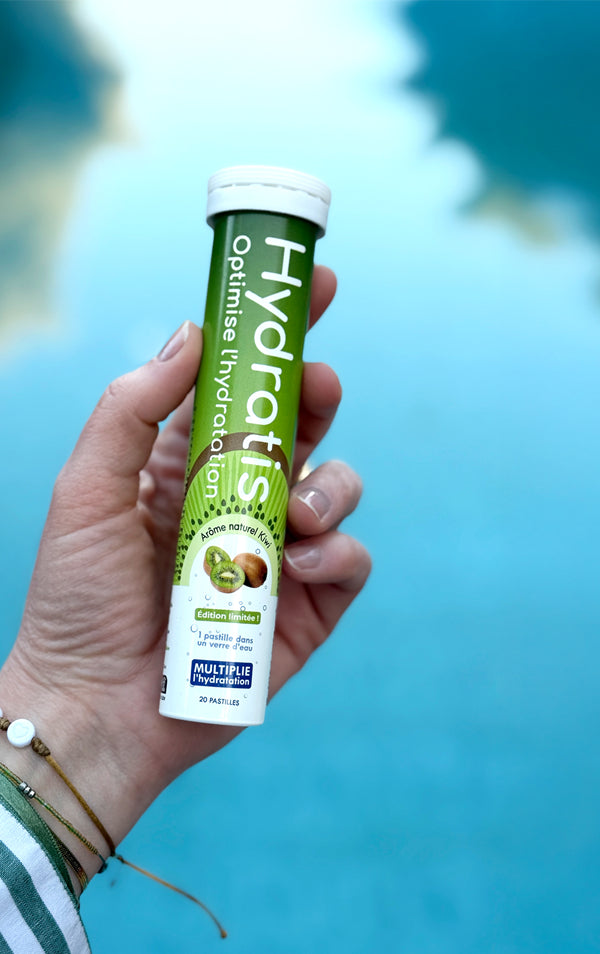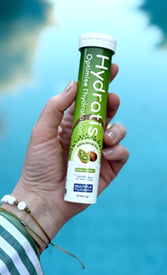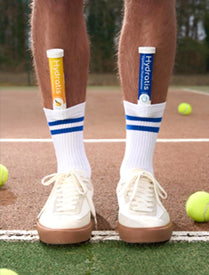High blood pressure is a major risk factor for heart disease , stroke , and kidney complications.
Given this situation, many health recommendations emphasize the importance of hydration . But a question arises: does drinking water really have a tangible effect on blood pressure ? Can this simple act be considered an ally for your heart?
In this article, we will analyze the link between regular water consumption and blood pressure , and give you practical tips to regulate your blood pressure with the help of good hydration.
Understanding blood pressure and its influencing factors
Before going into detail, it is important to understand how blood pressure works and what factors can cause it to vary on a daily basis.
What is blood pressure?

Blood pressure is the pressure exerted by the blood as it circulates in your arteries. It is measured in two values: systolic pressure and diastolic pressure .
- The first corresponds to the maximum force exerted, at the moment when the heart muscles contract to propel the blood.
- As for the second, it indicates the minimum force between two beats when the heart muscles relax.
A normal measurement value is around 120/80 mmHg ( millimeters of mercury). Above 140/90 mmHg , it is a case of hypertension.
What factors influence blood pressure?
Blood pressure varies depending on several factors. Some are due to natural causes, such as age or heredity, while others are directly related to daily habits. These factors include:
- Age : over time, arteries lose elasticity, which can promote hypertension.
- Lifestyle factors such as diet, physical activity, and consumption of salt, alcohol, or tobacco directly influence blood pressure.
- Stress and sleep : lack of rest or chronic anxiety increases the risk of high blood pressure.
- Overweight and obesity : an excess of body mass puts more strain on the body and blood circulation.
- Genetic predispositions : some people naturally have a tendency towards hypertension.
- The consumption of certain medications : corticosteroids, contraceptive pills or anti-inflammatories can raise blood pressure.
- Hormonal imbalance : this includes menopause, thyroid disorders, or certain endocrine conditions.
Symptoms of hypertension to watch out for
Hypertension is often called the "silent killer" because it can cause no symptoms for years. However, certain warning signs should alert you. These signs may include :
- Frequent headaches ,
- Dizziness or blurred vision,
- Unusual fatigue ,
- Heart palpitations.
Given these symptoms, it is essential to consult a specialist.
What are the effects of water on blood pressure?
Beyond its vital importance, water directly influences blood pressure balance.
Hydration and blood volume: what is the link with blood pressure?
The amount of water you drink directly affects your blood volume. In case of dehydration , it decreases, which can cause a drop in blood pressure (hypotension).
Conversely, sufficient fluid intake helps to stabilize blood pressure by ensuring optimal blood flow.
Does water directly influence blood pressure?
Drinking a large glass of water can cause a temporary rise in blood pressure in some people. This phenomenon, called the pressure-osmotic reflex , is linked to the activation of the autonomic nervous system.
However, in the long term, good hydration mainly helps to maintain an overall balance rather than causing an immediate drop in blood pressure.
What do scientific studies say about water and tension?
Scientific research indicates that, beyond general hydration, certain characteristics of water (notably its composition or temperature) can influence blood pressure.
Research summary: moderate, but real effect on some people
Studies have shown that in the elderly or those suffering from autonomic regulation disorders, water consumption can lead to a transient increase in blood pressure.
In contrast, in healthy individuals, water primarily helps to stabilize blood pressure and prevent excessive fluctuations related to dehydration.
Mineral water, rich in magnesium or calcium: an advantage?
Some mineral waters appear to have beneficial effects on cardiovascular health .
Substances such as magnesium and calcium contribute respectively to the relaxation of blood vessels and the regulation of muscle and heart contraction.
Choosing a suitable mineral water can therefore slightly enhance the protective effect of hydration.
Cold water vs. room temperature water: is there a difference?
Water temperature can also play a role, but its impact is limited. Drinking cold water causes temporary vasoconstriction . This may slightly increase blood pressure immediately.
Room-temperature water, on the other hand, is more neutral for the cardiovascular system. However, the difference remains marginal in the long term. The key is to maintain a regular and sufficient fluid intake .
How much water should I drink for good blood pressure?
While hydration is an important factor in regulating your blood pressure, knowing how much water to drink is just as important.
How much water per day is needed for stable pressure?
Water requirements vary according to age, weight, climate, and level of physical activity.
EFSA ( European Food Safety Authority ) recommends drinking an average of 2 liters of water per day for women and 2.5 liters for men.
These intakes include the water contained in food. For stable blood pressure, it is better to drink regularly rather than consuming large quantities all at once.
Is it possible to drink too much water?
Excess water can cause hyponatremia , which is a dilution of blood sodium. This condition, although rare, occurs mainly in some athletes who drink several liters in a short period of time.
For most people, a normal distribution of hydration throughout the day is sufficient to avoid any danger.
Can water replace medication for high blood pressure?
Hydration alone will not permanently lower high blood pressure . If you are undergoing treatment , it is essential to follow medical advice. Water can be helpful, but it cannot replace medical care .
Nutrition, hydration and lifestyle: a holistic approach

Maintaining stable blood pressure depends not only on hydration. Diet and lifestyle also play a key role in this regulation.
Liquids that can help or hinder regulation
Although we talk about additional hydration fluid intake, it is important to distinguish which ones are most suitable.
Not all of them produce the same effects. While some contribute to its balance, others can disrupt it and must therefore be limited.
For example , sodas, energy drinks, and alcohol should be avoided. Their high sugar, caffeine, or stimulant content can cause a temporary increase in blood pressure and, in the long term, promote imbalances.
Conversely, opt for unsweetened herbal teas, green tea, or mineral waters .
Helpful tips for balanced blood pressure
In addition to a good diet , some simple actions can be helpful if applied daily:
-
Avoid eating too much sugar or salt.
-
Consume more fruits, vegetables and fiber.
-
Move every day (walking, cycling, swimming),
-
Manage your stress through breathing or meditation.
-
Regularly check your vital signs with a blood pressure monitor.
Frequently Asked Questions (FAQ)
What type of water should you drink to lower blood pressure?
Waters containing magnesium and calcium can support cardiovascular function. However, the key is to stay well hydrated, regardless of the source.
Does cold water lower blood pressure?
No. On the contrary, it causes a slight, temporary increase. It is best consumed when it has cooled down.
Which drinks can regulate blood flow?
Certain herbal teas (hibiscus, hawthorn) and green tea can complement a healthy lifestyle.
Is tap water as good as bottled water?
Yes, in most regions. Mineral waters provide some additional minerals, but they are not essential.
Is drinking more water enough to lower blood pressure?
No. Water supports overall balance, but it does not replace good daily habits or medical treatment.
Hydration: a simple but essential step for your body
Hydration is not a miracle solution, but it remains a fundamental element in preserving the health of your cardiovascular system.
Drinking water does not directly lower high blood pressure, but it helps to stabilize blood flow and support the kidneys.
Combined with a healthy diet, physical activity and medical monitoring, water becomes a valuable ally for your overall well-being.
Bibliography
Li, S., Xiao, X., & Zhang, X. (2024). Association between plain water intake and risk of hypertension: longitudinal analyzes from the China Health and Nutrition Survey. Frontiers In Public Health , 11 . https://doi.org/10.3389/fpubh.2023.1280653
Rylander, R., & Arnaud, MJ (2004). Mineral water intake reduces blood pressure among subjects with low urinary magnesium and calcium levels. BMC Public Health , 4 (1). https://doi.org/10.1186/1471-2458-4-56
Jordan, J., Shannon, J.R., Black, B.K., Ali, Y., Farley, M., Costa, F., Diedrich, A., Robertson, R.M., Biaggioni, I., & Robertson, D. (2000). The Pressor Response to Water Drinking in Humans. Circulation , 101 (5), 504-509. https://doi.org/10.1161/01.cir.101.5.504
Guo, M., & Montero, D. (2025). Medium-Term Effects of Increased Water Intake and Head-Up Sleep on Cardiovascular Health. JACC Advances , 4 (2), 101536. https://doi.org/10.1016/j.jacadv.2024.101536
Cui, R., Iso, H., Eshak, E.S., Maruyama, K., & Tamakoshi, A. (2018). Water intake from foods and beverages and risk of mortality from CVD: the Japan Collaborative Cohort (JACC) Study. Public Health Nutrition, 21(16), 3011-3017. https://doi.org/10.1017/s1368980018001386
